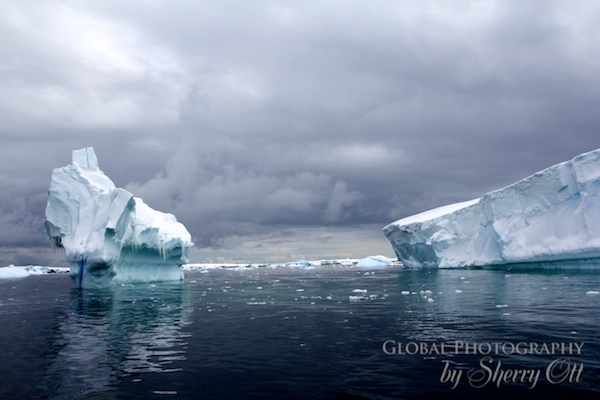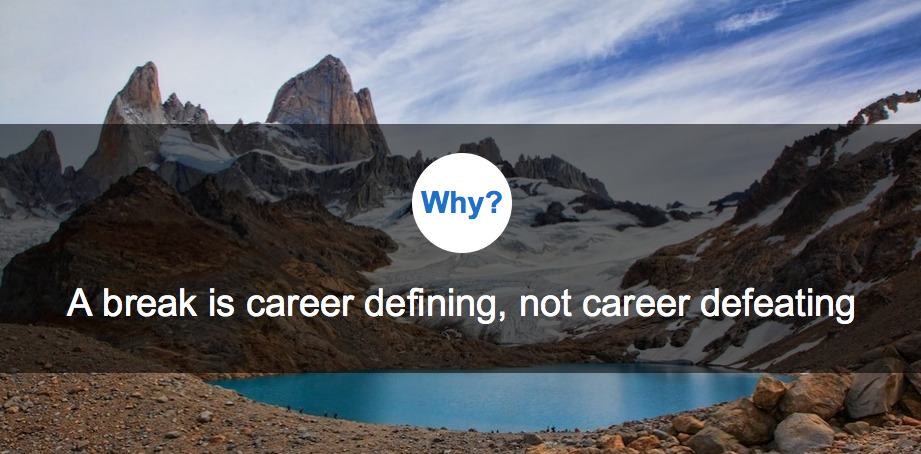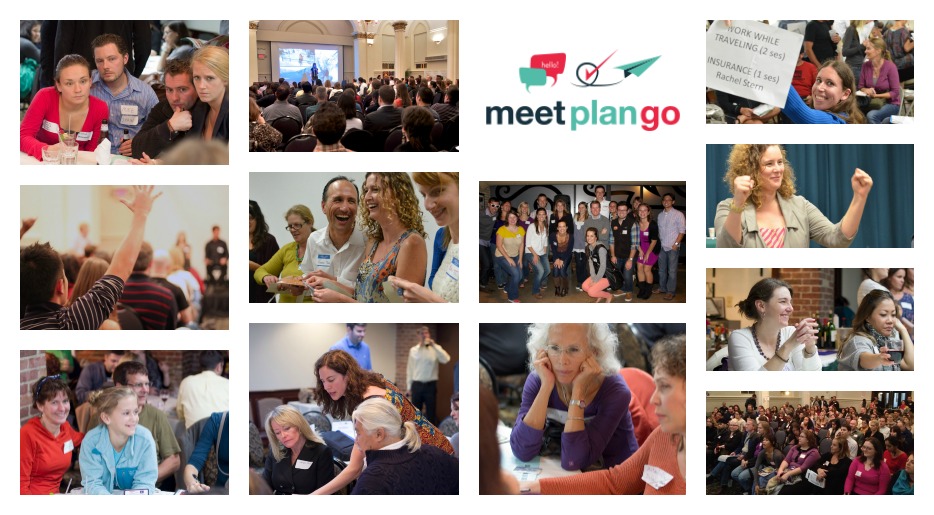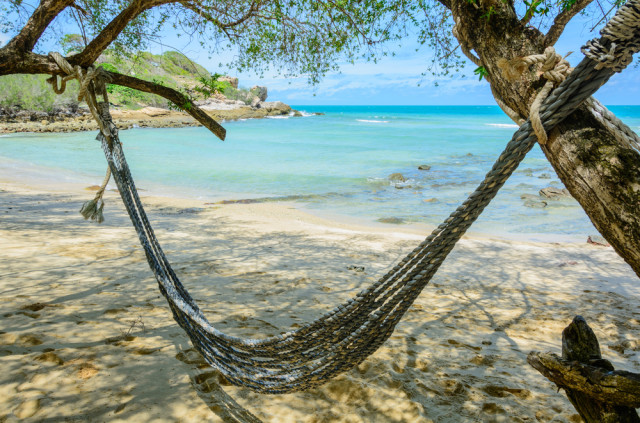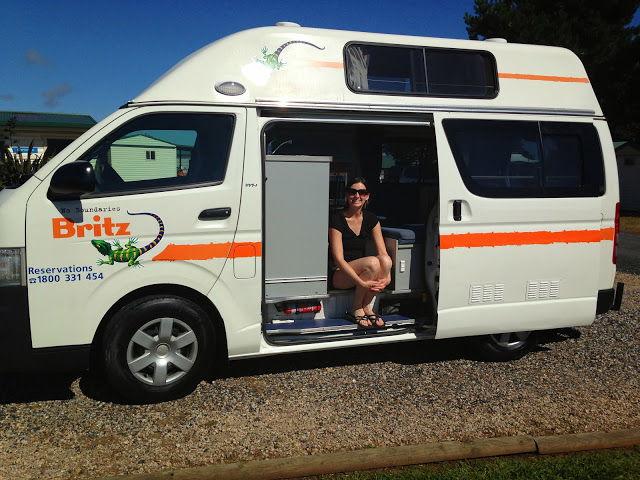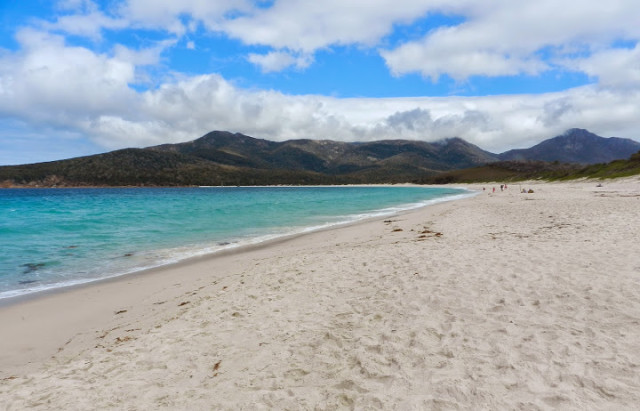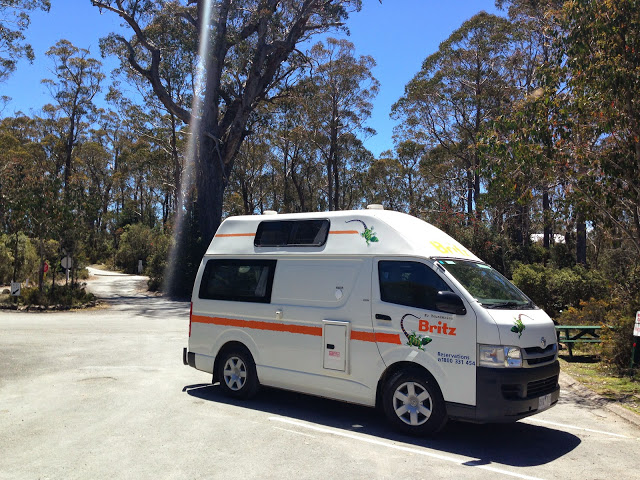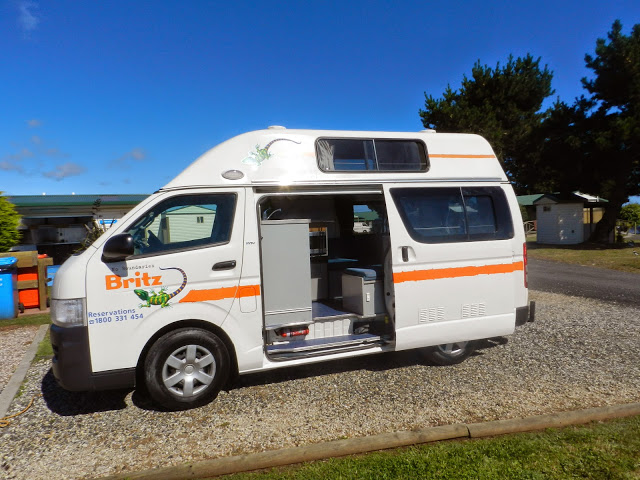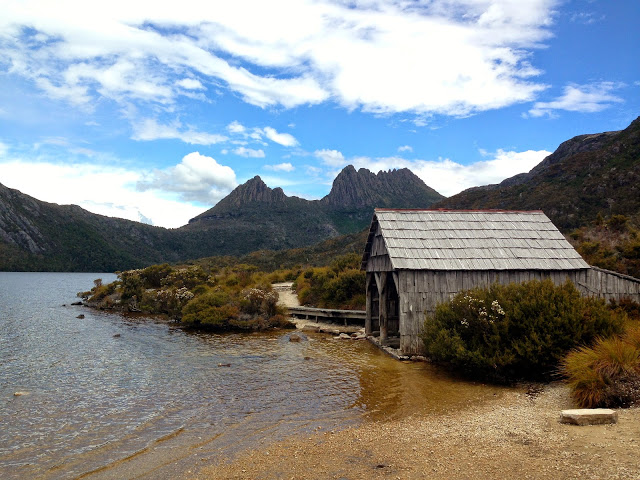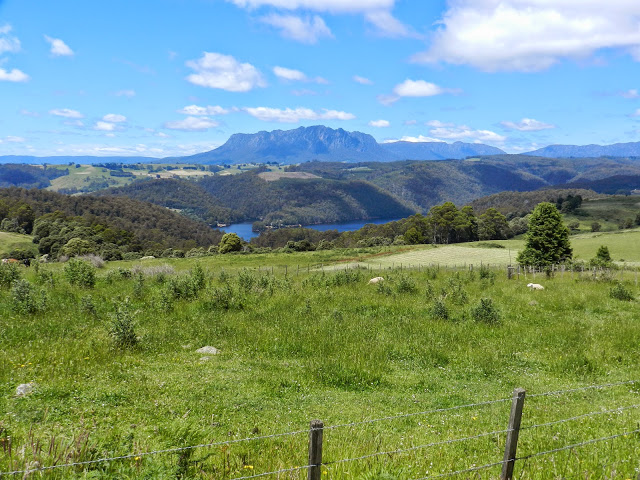I have lived in the center of Amsterdam, in the rainforest of Puerto Rico,* and in my husband, David’s, hometown – a very small village outside of Barcelona. In total, I have lived (and worked) as an expat for over three years.
In these experiences, I learned plenty. One of the most profound observations was the shame I saw in expats when it comes to admittedly that, although living in a foreign land is one of life’s most worthwhile experiences, it has definite draw backs, which are rarely, if ever, discussed.
Here are the eight secrets I believe most expats would prefer not to tell you.
#1. Not all expats are awesome
A similarity between home and foreign lands? The people you meet on the road are exactly like the people you meet at home. Some you will click with, enjoy, trust and want to know better, and others will have you sprinting for the closest exit.
While the expat trail holds many wonderful people, there are others who didn’t quite fit in in their homeland and are attempting to give it a try elsewhere. Remember you do not need to participate in their social experiment.
#2. You will experience profound loneliness and feelings of complete incompetence

Every country has two versions: the citizen’s version and the traveler’s version.
The traveler’s version consists of people who speak your language, know how to deliver the comforts you expect, and are there to prevent interaction with uncomfortable situations citizens maneuver daily. Their patience is paid for (by you) and their livelihood is entirely dependent on your happiness – and as such they do their best to deliver it. (Yes, independent travelers, this applies to you, too.)
The citizen’s version consists of 100s of 1000s if not 100s of millions of people whose primary concern is – themselves.
What so many forget about living in another country is it is absolutely NOTHING like traveling in it. When living there, you are not just driving by, walking through, or snapping pictures of a foreign and beautiful place – you are attempting to navigate your life, your career, your personal relationships (most of which will be via a language you aren’t so fabulous at), your health, your finances, your Internet connection, your transport, and every aspect of your day to day life – in the deep catacombs of a culture you – no matter what you would like to tell yourself – don’t know anything about.
Combine this with leaving everyone and everything you know behind (and when I say everything – I mean – the way you buy toothpaste is about to drastically change and the WTF! moments increase substantially, and daily, from there).
All of this leads to countless feelings of incompetence, loneliness, and the ever present awareness of your outsider status. The consolation I can provide? Know that with time, it will pass (and when it does you will look back at what you accomplished and consider yourself the coolest person – you have ever known – ever).
#3. You will find your first real friend somewhere around the 12 – 18 month mark
Most expats decide to be so because they want to experience a completely different version of life. However, one of the lessons most learn is no matter where or how you live – some aspects of life just do not change – the process of finding good friends being an excellent example.
Yes, you will likely meet all kinds of interesting people, but for some reason I find that the true friends, the real ones, the friends that you will stay in touch with no matter where you are in the world, tend to show up around the 12 to 18 month mark. I am not sure why or how this is, perhaps it is because those who are most needy of friendships float to the surface first or because it takes time to figure out what you want and need, but know that it will take a while to find great friends, and committing to enjoying the process will make you that much happier when you find them.
#4. You are the punch line to a lot of jokes
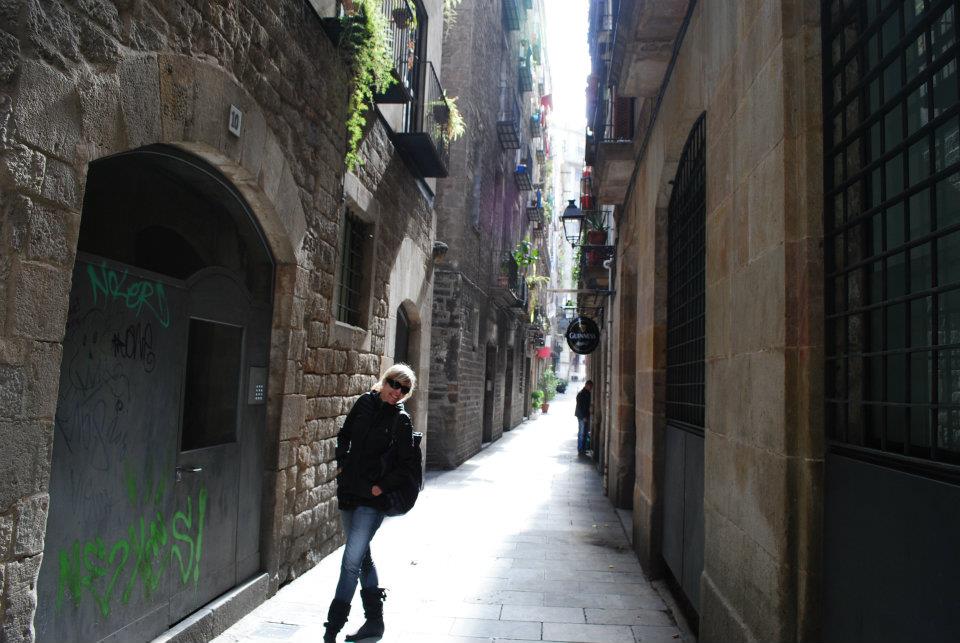
My sister, David, and I were at a gas station outside of Denver shortly after arriving in the U.S. Although David does not have to pump petrol at the gas stations in Spain (they are all 100% full service), he jumped out of the car to pump ours.
But first, he had to decide how many gallons (he is accustomed to liters). Then, how to use a credit card (credit cards being something no one has in Spain) and lastly, what a zip code was. It involved a lot of trial and error with credit card insertions (at one point he tried cramming the Visa into where the receipt comes out), mad beeps, and transaction cancellations.
Inside the car, I was in uncontrollable and sobbing laughter, and my sister was repeatedly telling me I was being a jerk.
The moral of this story? The tiny differences are enormous differences, and what can you do about it? Expect a lot of laughs – in your direction.
#5. Live in the biggest city you can
Small towns stay little, sweet, and charming for a reason – because people typically don’t move into them. On the flip side, people typically don’t move out of them either, and for the most part, nothing ever changes. That is why we love them. It is also why foreigners (and by foreigners I mean anyone from two cities over to eight countries away) do not fit too well within them.
I have written about the experiences of numerous expats with small town expat experiences and without fail the verdict is: “He who moves to a small town in a foreign land moves home quickly.” (This is from people who both spoke the local language prior to arriving and those who did not.)
Why?
Many people move to small towns because they want to experience the local culture.
The problem with this?
The local culture may very well not want to or know how to experience you.
My advice to expats? Start in a big city. There are a trillion (probably more) cultural norms which require adjustment, and no one gets an award for being the most culture shocked, the most overwhelmed, and the most uncomfortable.
Easing yourself into a country is the best way to guarantee you will stay in it. Utilize the “big city’s” expat groups, job possibilities, and general know how of working with foreigners to build your friend and professional base. Learn to speak the language, and if at the end of it all, a small town appeals to you, then by all means move to one! There are lots of small town success stories that used this approach.
#6. Find expat friends IMMEDIATELY
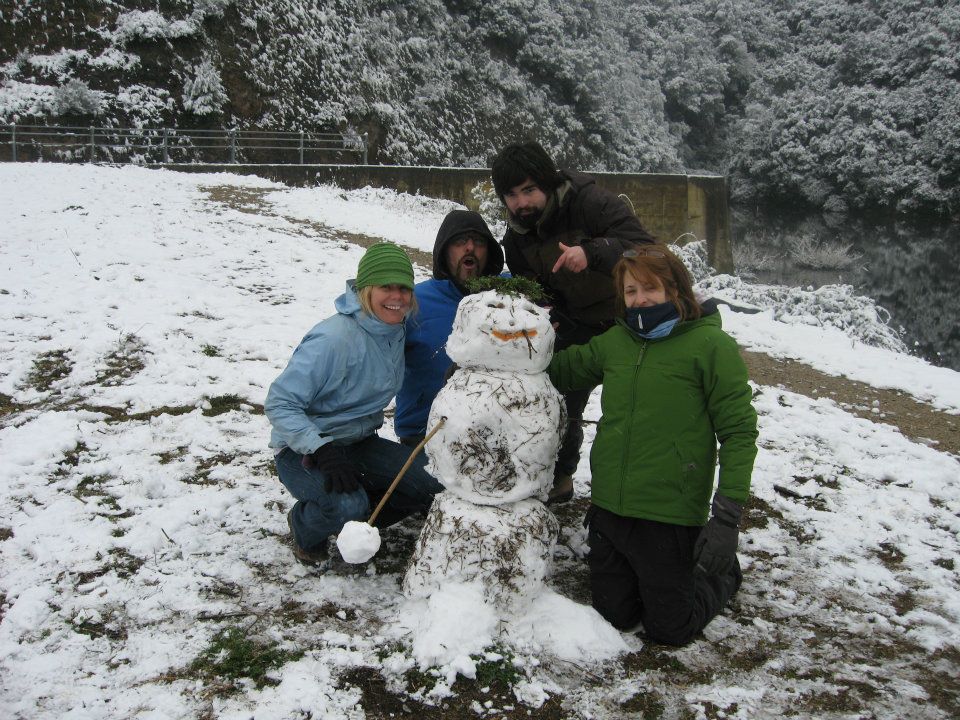
A friend who moved to Paris at the age of 18 told me that if I found expat friends, I would never learn the language. It was good advice for her, and I thought it was good advice for me.
Until after some months I learned this – learning a language, the culture, and customs of a new place are critical. Doing so at the expense of your sanity is just stupid. Friendships, especially those where you can have real conversations, are extremely important to the expat experience.
These expat friendships provide stability and normality to your not-at-all-normal life. They can also provide a much needed sense of “immersion empathy” which expats, and only expats, can give.
My advice? Find every friend, friend of a friend, and friend of a friend of a friend in and near where you live. Get over the discomfort of reaching out to them and set up time to go out for coffee, lunch, or dinner. Find Meet Ups, expat organizations, volunteer opportunities, and anything else you can come up with that gives you the opportunity to meet other expats. The 30 minutes of initial awkwardness is so worth the comfort, friendship, and love of your new country that will result from your efforts.
#7. Know the 2 for 10 or 10 for 2 rule
One difference between the U.S. and many other countries? In the U.S. you spend a few hours with a friend or two. In countries like Spain, you hang out with the entire high school graduating class for 10 hours a day – while, in my case at least, they were speaking Spanish and Catalan interchangeably.
I attempted this.
Consistently around hour eight (on the good days) I was melting down. After a few too many near emotional catastrophes, I implemented this rule: Two Friends for 10 hours or 10 Friends for Two Hours but never 10 (or 40) friends for 10 hours.
AND I highly suggest anyone who values their sanity do the same – starting the first day.
#8. You will have moments of desperately missing “normal” and home
And no matter what anyone tells you – that is ok.
*Puerto Rico is not another country (assuming you are American) but it is quite different from US mainland.
Bio: Linda Rubright is the founder of the delicious day. She has traveled throughout Africa, Europe, Asia, Central America, South America, the U.S., the Caribbean, and Canada. Linda sailed across the Atlantic Ocean with her dad in 2000 and has spent three years living as an expat in Europe and the Caribbean.
Read more about expat life:
- From Career Breaker to Expat
- Vietnam: Saigon as an Expat
- 10 Important Life Lessons You Learn from Living Abroad
Photo credits: Giedriusok, all other photos courtesy of the author and may not be used without permission.
